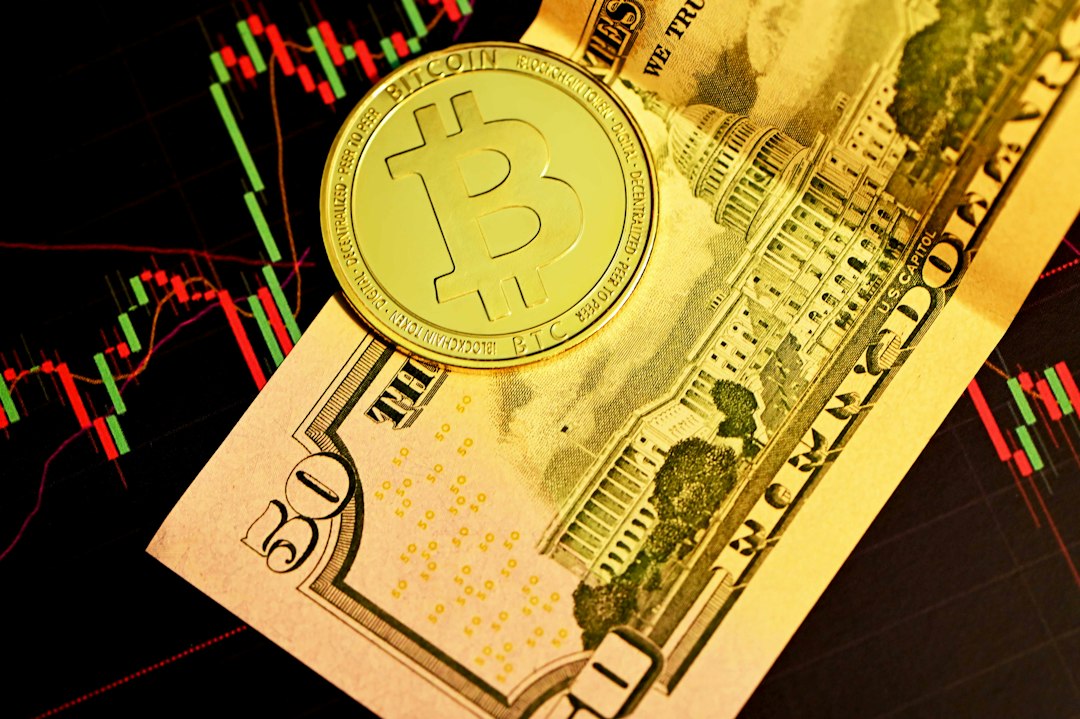The world’s largest cryptocurrency exchange, Binance, has become the first fully licensed crypto trading platform in El Salvador.
Binance announced that it received two licenses from the Central American Nation, making it the first licensed crypto exchange in the country. The licenses are the Bitcoin Services Provider License (BSP) from the Central Reserve Bank and the Digital Assets Services Provider License (DASP) from the National Commission of Digital Assets.
This approval is part of Binance’s efforts to obtain licenses in key markets around the world. With this latest approval, Binance now has approvals and registrations in 18 global markets, including Italy, Spain, France, Sweden, and Dubai.
The licenses allow Binance to expand its products and services, tailor options to the needs of customers in El Salvador, collaborate with government authorities, and support the adoption of crypto assets in the country.
El Salvador has been a crypto-friendly country under President Nayib Bukele.
El Salvador has been welcoming towards crypto, especially Bitcoin. The country has given Bitcoin legal tender status and has acquired over 2300 BTC. The government has also introduced pro-crypto measures, such as a bill allowing the sale of Bitcoin-backed bonds.
However, despite these measures, crypto adoption in the country remains low as citizens question the long-term benefits. Bitfinex was the first regulated digital assets exchange to receive a DASP license in El Salvador.
Binance continues to expand its global presence despite regulatory challenges.
Binance has managed to obtain operating licenses in over 18 countries, including Japan, Sweden, Dubai, France, and Italy. However, the exchange has faced setbacks in markets such as Cyprus, the Netherlands, and the United Kingdom, where it had to exit due to regulatory approval issues. Binance is also dealing with regulatory challenges in the US.
Hot Take
Binance’s licensing in El Salvador is a significant milestone for the exchange and demonstrates its commitment to expanding its global presence. However, the regulatory challenges it faces in various jurisdictions highlight the need for clearer regulations in the crypto industry.





 By
By
 By
By

 By
By
 By
By